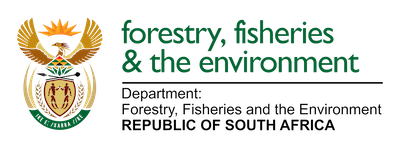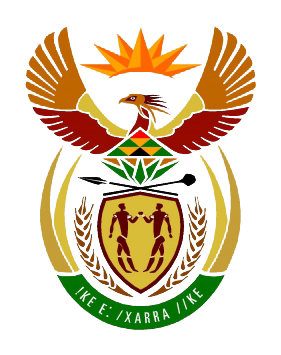High pathogenicity avian influenza suspected on sub-Antarctic Marion Island
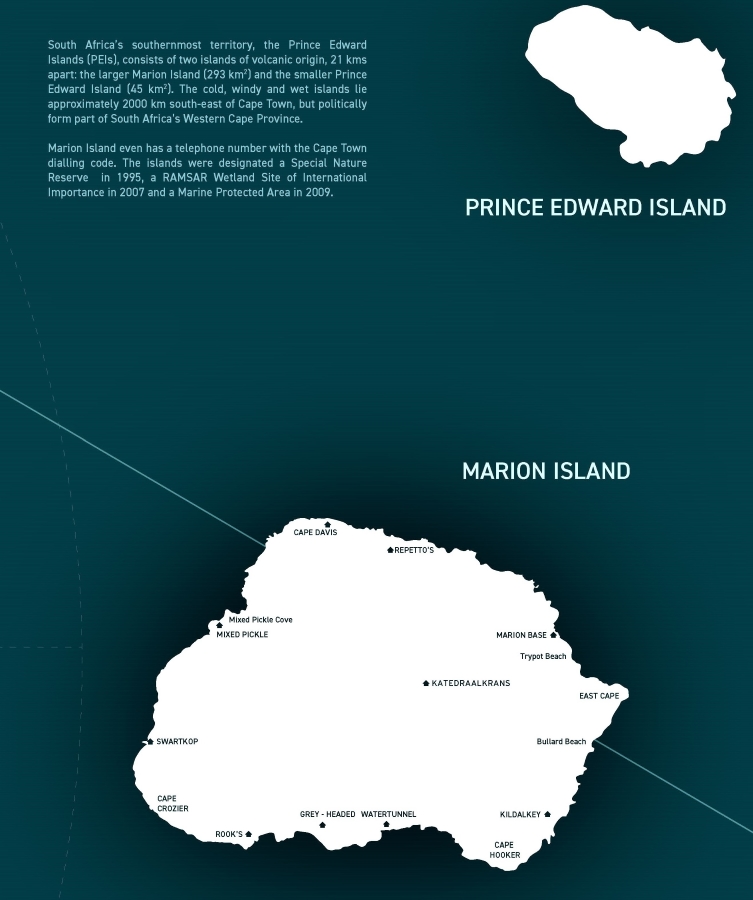 High pathogenicity avian influenza (HPAI) virus is suspected to have reached Marion Island, one of South Africa’s two sub-Antarctic islands in the southern Indian Ocean and is possibly responsible for causing mortalities in at least three breeding seabird species.
High pathogenicity avian influenza (HPAI) virus is suspected to have reached Marion Island, one of South Africa’s two sub-Antarctic islands in the southern Indian Ocean and is possibly responsible for causing mortalities in at least three breeding seabird species.
After an initial suspected case in a Brown Skua in mid-September 2024, another five suspected cases were found in early November 2024, involving three Wandering Albatross chicks and two Southern Giant Petrel adults. The virus can be transported long distances by migrating birds, and this is likely how the virus arrived on Marion Island.
Having spread across the globe since 2021, HPAI (H5N1) was detected in seabirds and marine mammals in South Georgia, southeast of South America, in October 2023. It reached Antarctica in February 2024 and suspected cases were reported from Southern Elephant Seals at Possession Island in the Crozet Archipelago, east of Marion Island, on 21 October 2024.
The Prince Edward Islands, comprising Marion Island and Prince Edward Island, are breeding and moulting sites for millions of seabirds, including almost half of the world’s Wandering Albatrosses and hundreds of thousands of penguins, and are home to large numbers of Southern Elephant Seals and Sub-Antarctic and Antarctic Fur Seals.
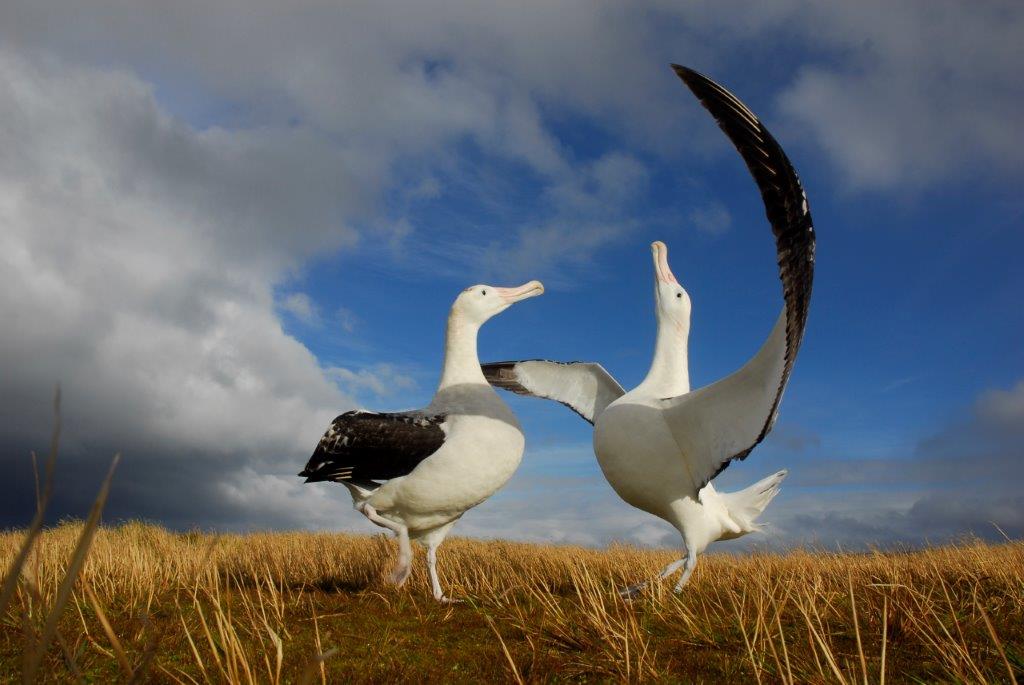 The situation is being closely monitored by the 11-field personnel overwintering on the island, who have been trained to recognise possible HPAI signs in birds and seals, and in the necessary monitoring and mitigation methods. They will be taking all precautions to ensure they do not spread the virus, and they are collecting information to assist with decisions about the appropriate response.
The situation is being closely monitored by the 11-field personnel overwintering on the island, who have been trained to recognise possible HPAI signs in birds and seals, and in the necessary monitoring and mitigation methods. They will be taking all precautions to ensure they do not spread the virus, and they are collecting information to assist with decisions about the appropriate response.
The Department of Forestry, Fisheries and the Environment, the management authority for the Prince Edward Islands, has developed a Protocol for the Management of High Pathogenicity Avian Influenza in Seabirds together with the Western Cape Veterinary Services, marine ornithologists, marine mammal biologists, disease experts and colleagues overseas with similar experience, and will continue to work to monitor and hopefully limit the spread of the virus on the island.
For media queries contact Peter Mbelengwa on 082 611 8197
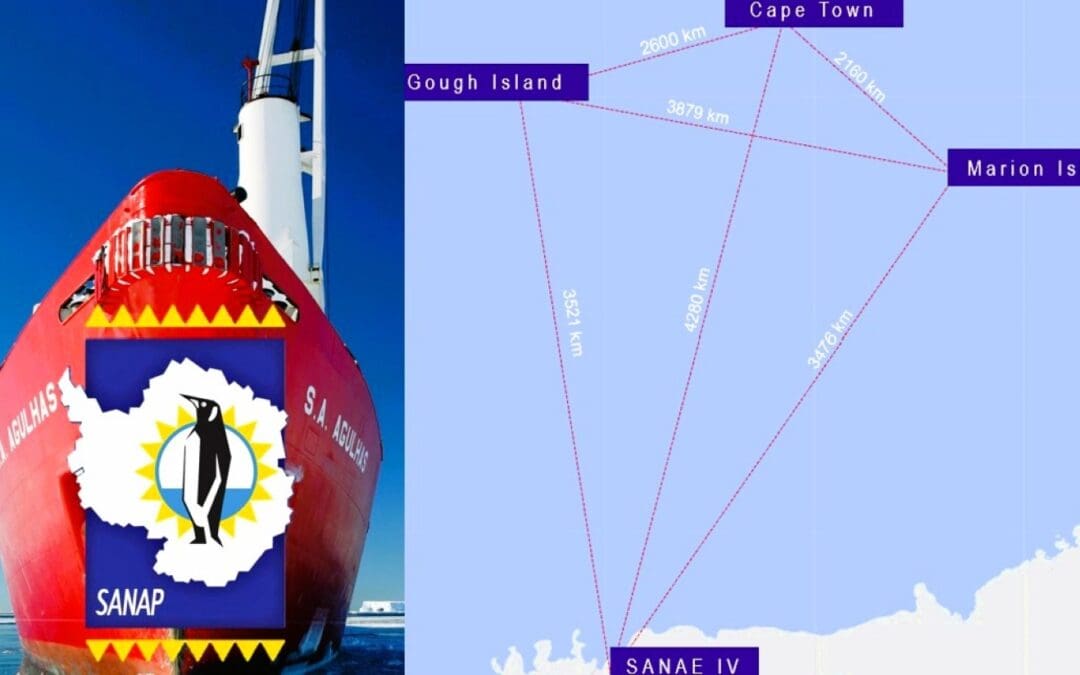
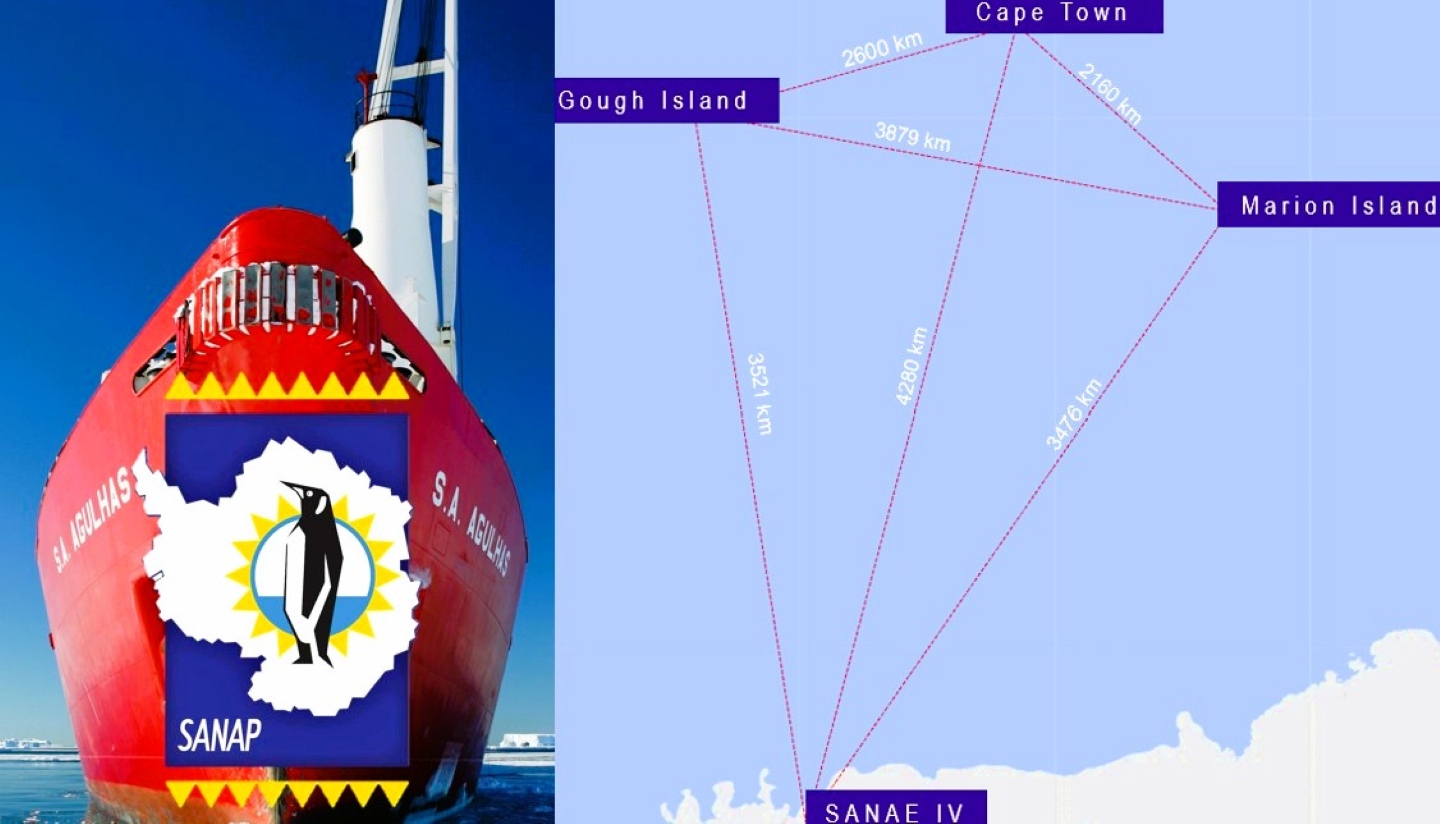
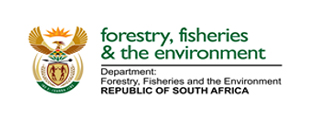 The Department of Forestry, Fisheries and the Environment is pleased to announce the upcoming voyage schedule for the S.A. Agulhas II for the 2025/2026 season. This state-of-the-art polar research and supply vessel will continue its vital role in supporting South Africa’s research stations in Antarctica and the sub-Antarctic islands. Below is the planned itinerary provided by the Department of Forestry Fisheries and the Environment:
The Department of Forestry, Fisheries and the Environment is pleased to announce the upcoming voyage schedule for the S.A. Agulhas II for the 2025/2026 season. This state-of-the-art polar research and supply vessel will continue its vital role in supporting South Africa’s research stations in Antarctica and the sub-Antarctic islands. Below is the planned itinerary provided by the Department of Forestry Fisheries and the Environment: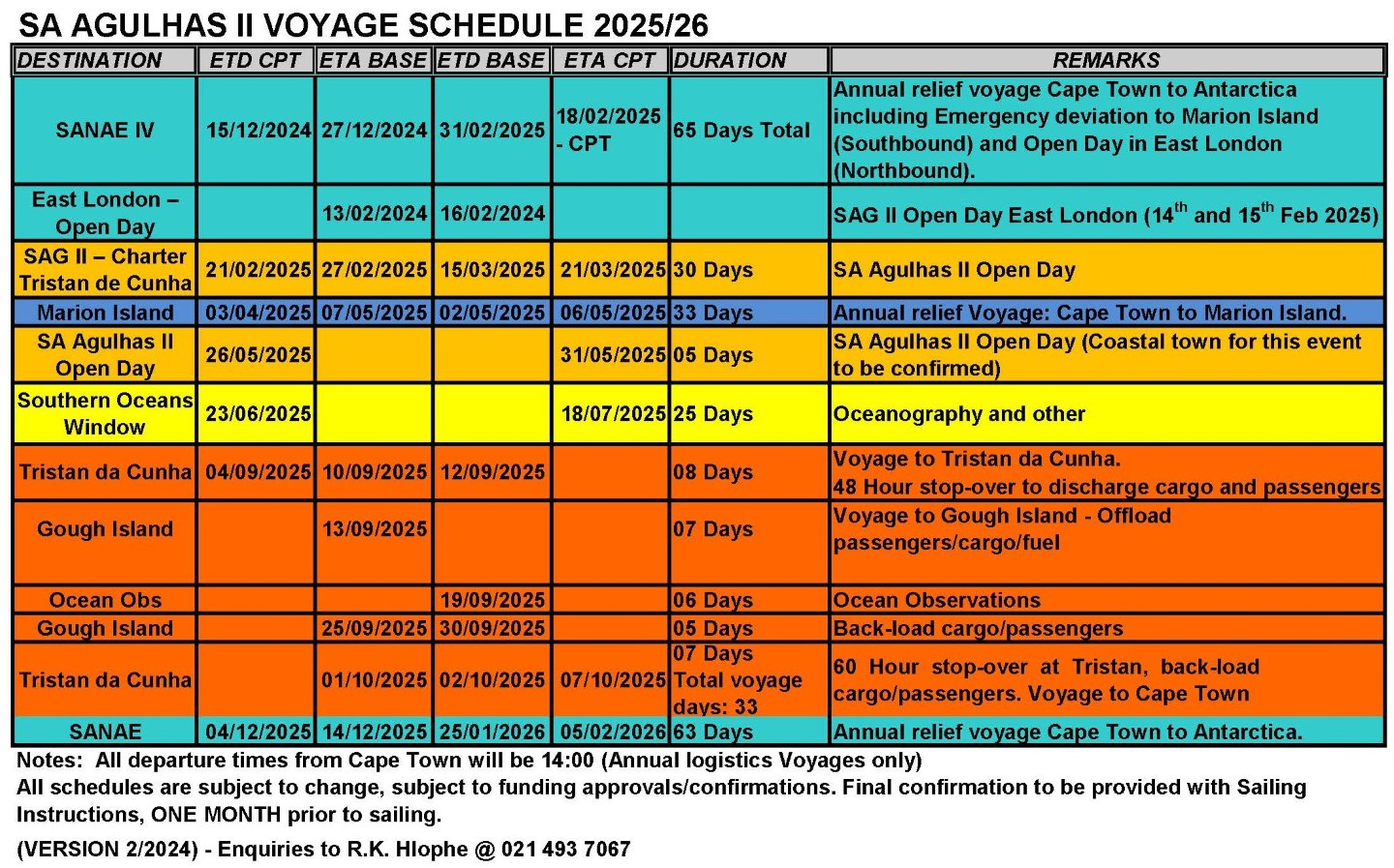 DOWNLOAD PDF Voyage Schedule 2025-2026
DOWNLOAD PDF Voyage Schedule 2025-2026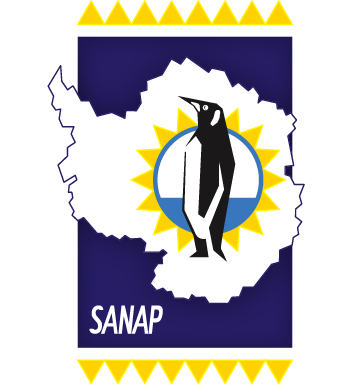
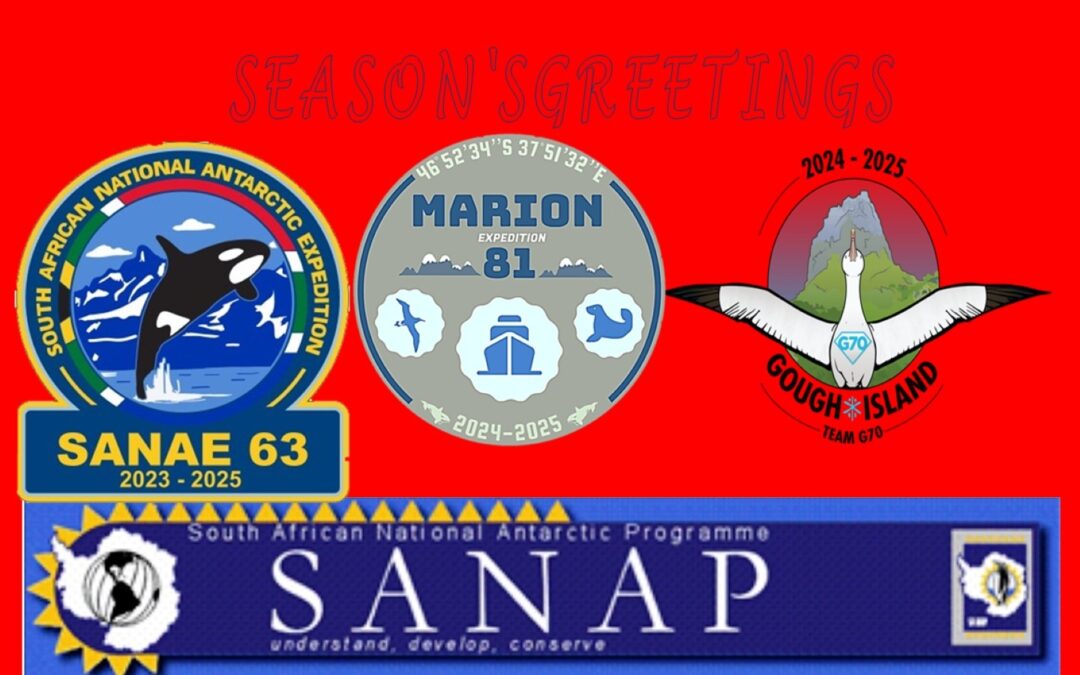
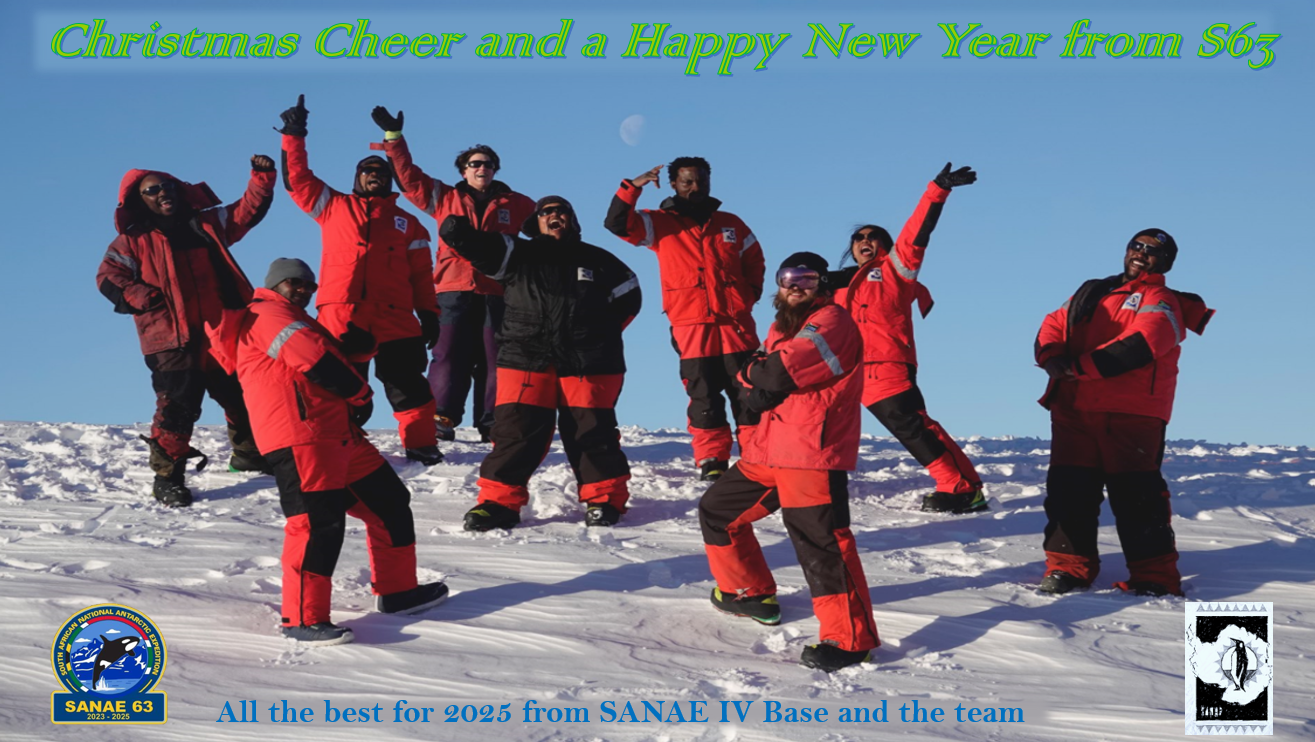 We would like to take this moment to extend our deepest thanks to everyone who has supported our overwintering teams. To the families, friends, and loved ones who provide the emotional support necessary for our teams to thrive, your understanding and encouragement are invaluable. To the various stakeholders, including the South African government, research organizations, and our international collaborators, thank you for your continued partnership and belief in the importance of Antarctic research.
We would like to take this moment to extend our deepest thanks to everyone who has supported our overwintering teams. To the families, friends, and loved ones who provide the emotional support necessary for our teams to thrive, your understanding and encouragement are invaluable. To the various stakeholders, including the South African government, research organizations, and our international collaborators, thank you for your continued partnership and belief in the importance of Antarctic research.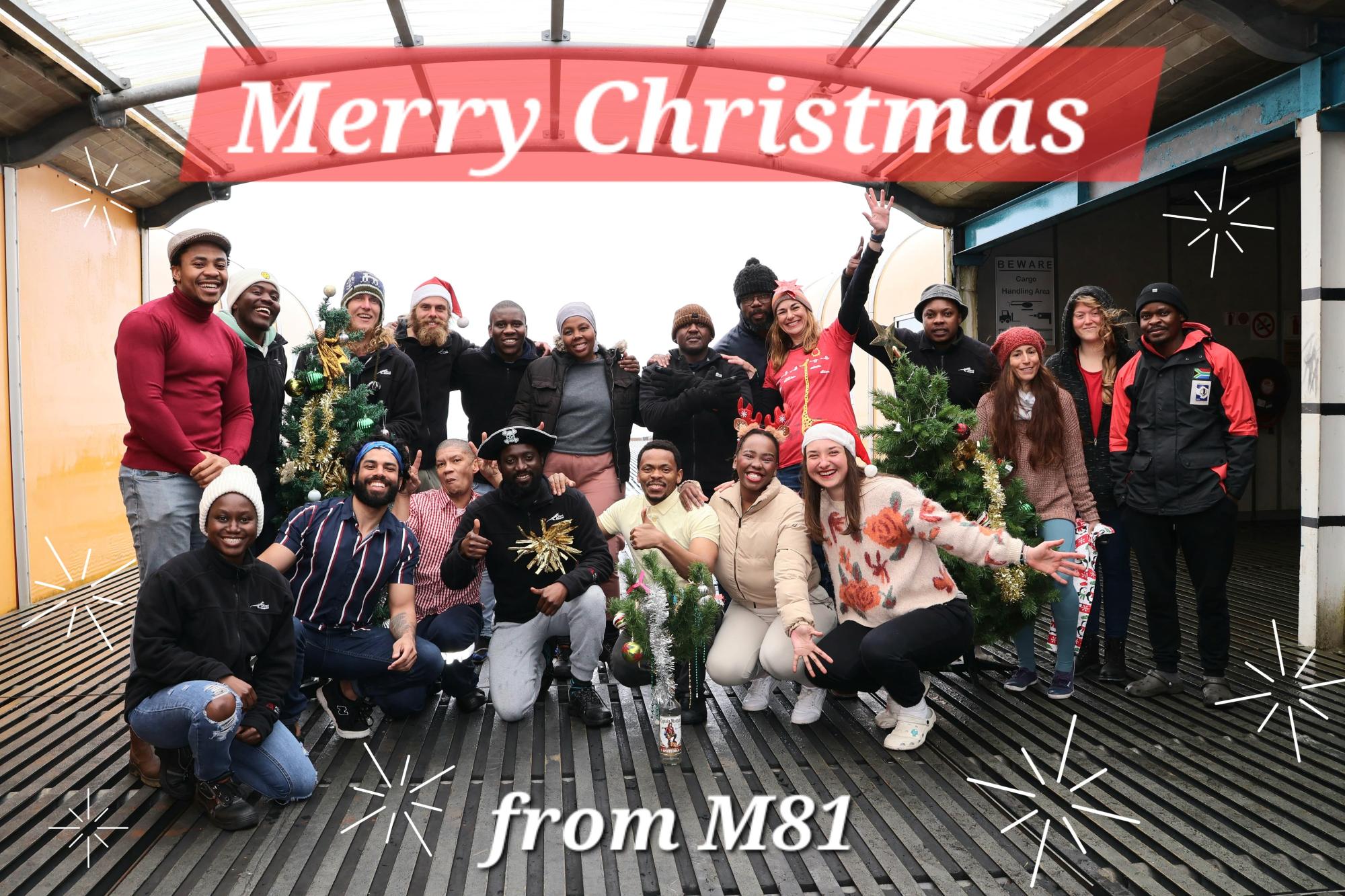 To the overwintering teams themselves, we are incredibly proud of your unwavering dedication. Your perseverance, expertise, and positive spirit inspire us all and are the foundation of the success of the South African National Antarctic Programme. We also want to acknowledge the incredible teamwork that made all of this possible. The spirit of cooperation among SANAP’s overwintering teams is something that continues to inspire us all. Even in isolation, you worked together as a family, relying on each other to overcome the challenges the Antarctic winter throws your way.
To the overwintering teams themselves, we are incredibly proud of your unwavering dedication. Your perseverance, expertise, and positive spirit inspire us all and are the foundation of the success of the South African National Antarctic Programme. We also want to acknowledge the incredible teamwork that made all of this possible. The spirit of cooperation among SANAP’s overwintering teams is something that continues to inspire us all. Even in isolation, you worked together as a family, relying on each other to overcome the challenges the Antarctic winter throws your way.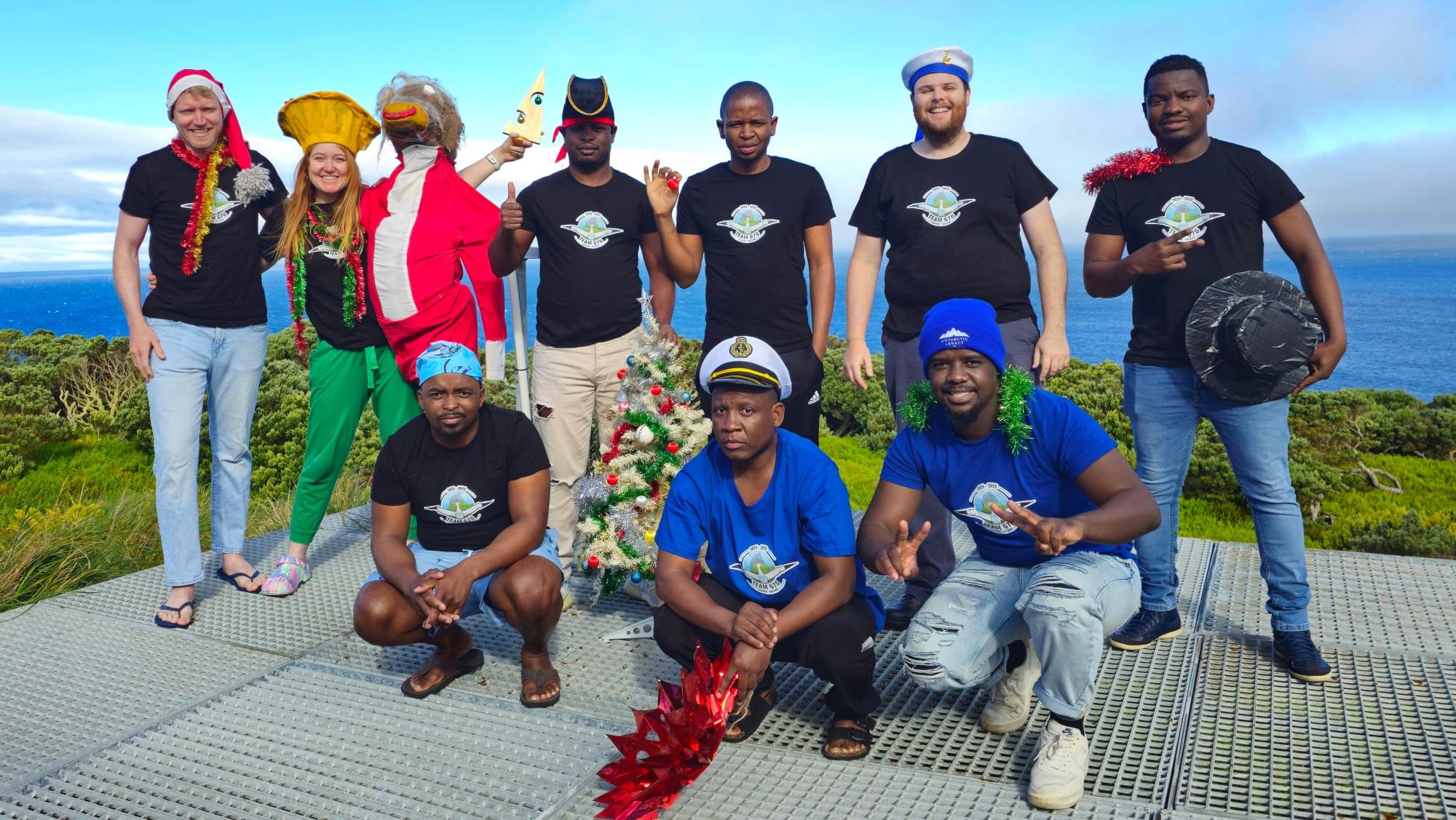 To all our overwintering teams, their families, we wish you a peaceful and joyous holiday season. May 2025 bring new discoveries, further achievements, and continued collaboration.
To all our overwintering teams, their families, we wish you a peaceful and joyous holiday season. May 2025 bring new discoveries, further achievements, and continued collaboration.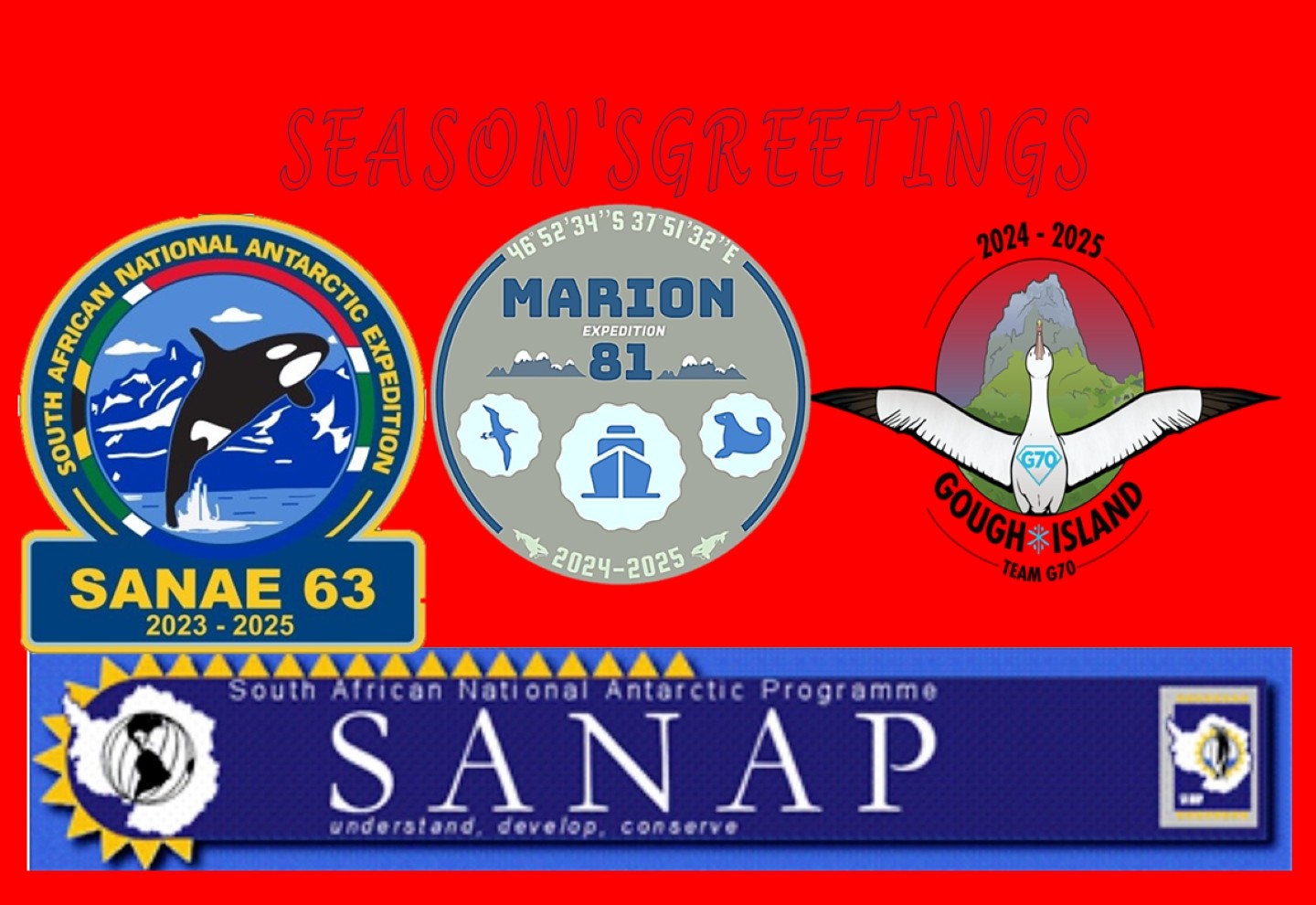 Happy Holidays and a Successful 2025!
Happy Holidays and a Successful 2025!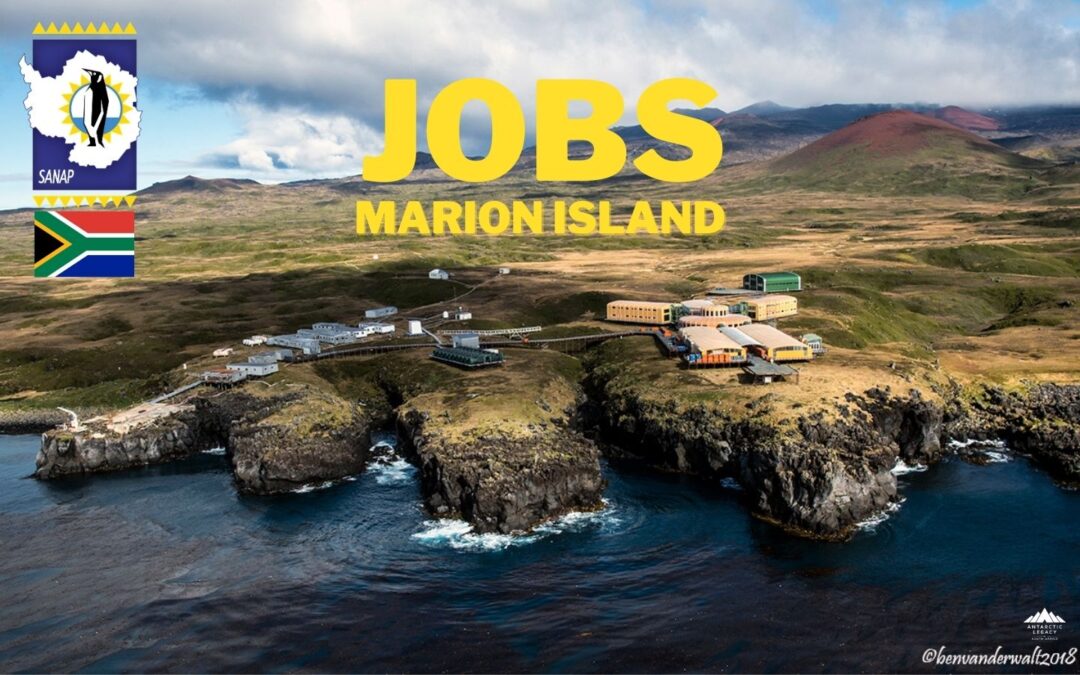
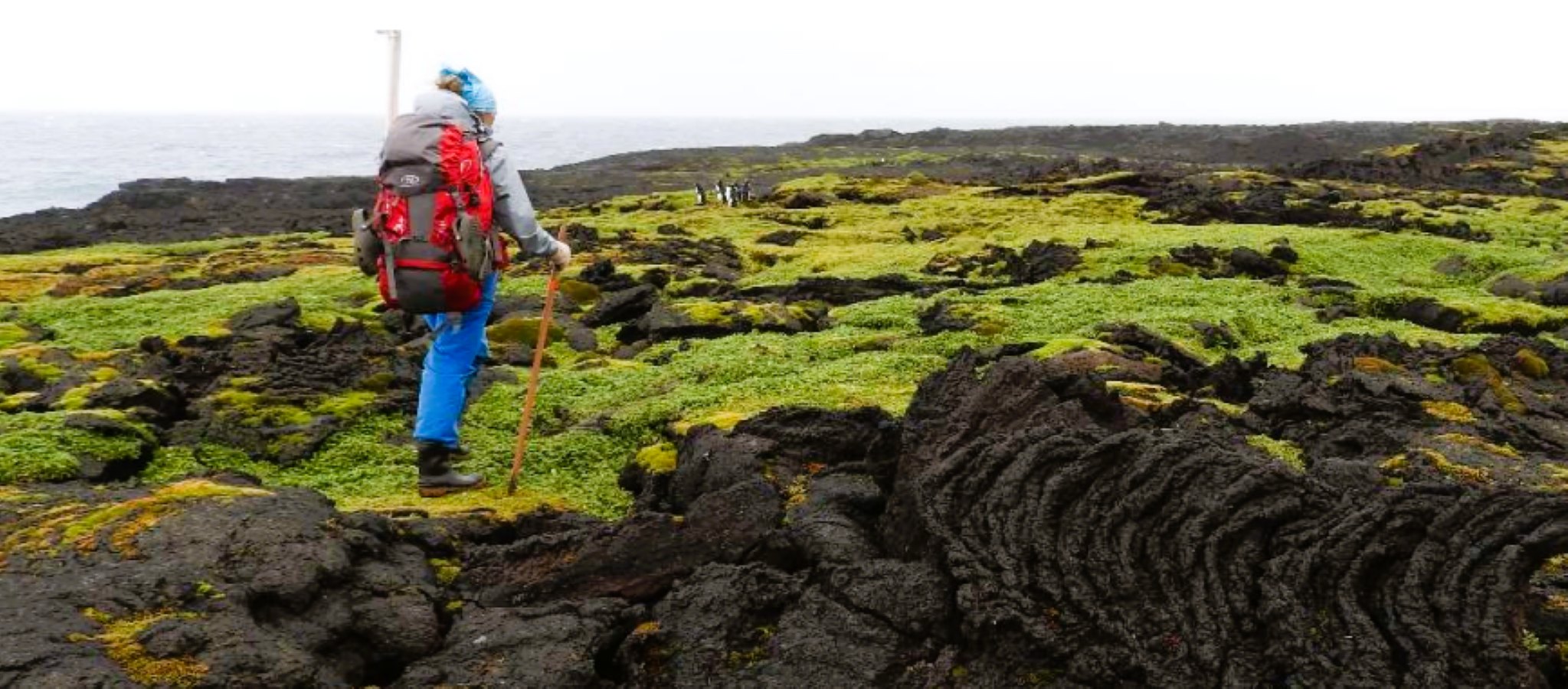 The Department of Plant and Soil Sciences at the University of Pretoria is offering one suitably qualified candidate an opportunity to spend a year on Marion Island to measure various aspects of the impact of the house mouse on the diversity and function of the terrestrial ecosystems of Marion Island. This work will entail collecting baseline data, mostly on invertebrates and plants. (Photo Credit: Michelle Greve)
The Department of Plant and Soil Sciences at the University of Pretoria is offering one suitably qualified candidate an opportunity to spend a year on Marion Island to measure various aspects of the impact of the house mouse on the diversity and function of the terrestrial ecosystems of Marion Island. This work will entail collecting baseline data, mostly on invertebrates and plants. (Photo Credit: Michelle Greve)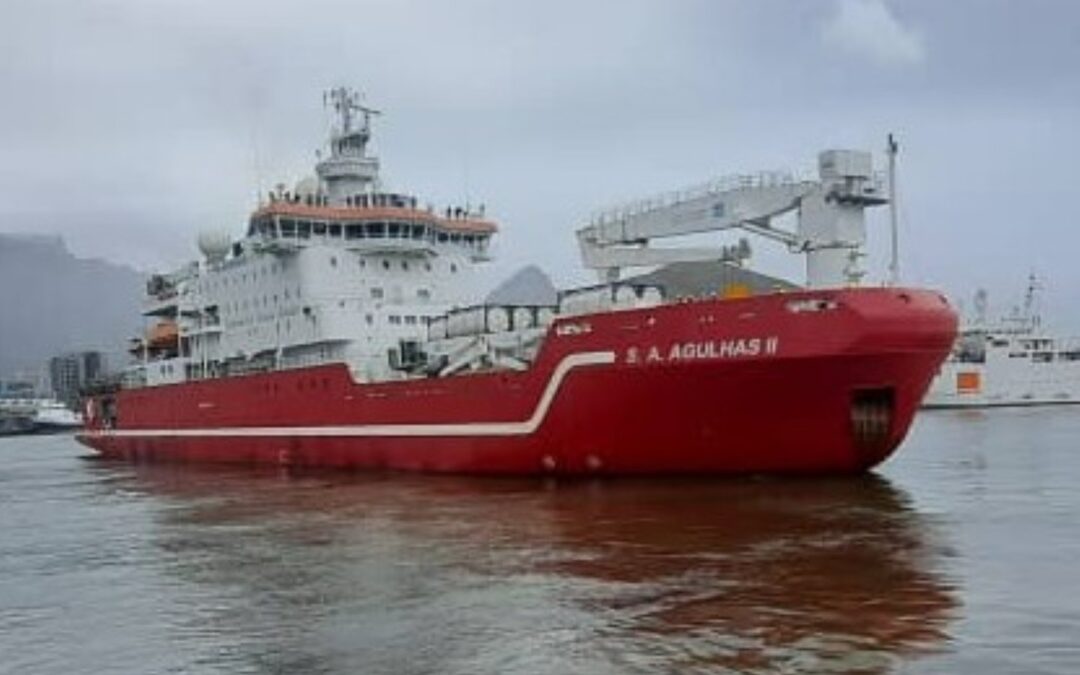
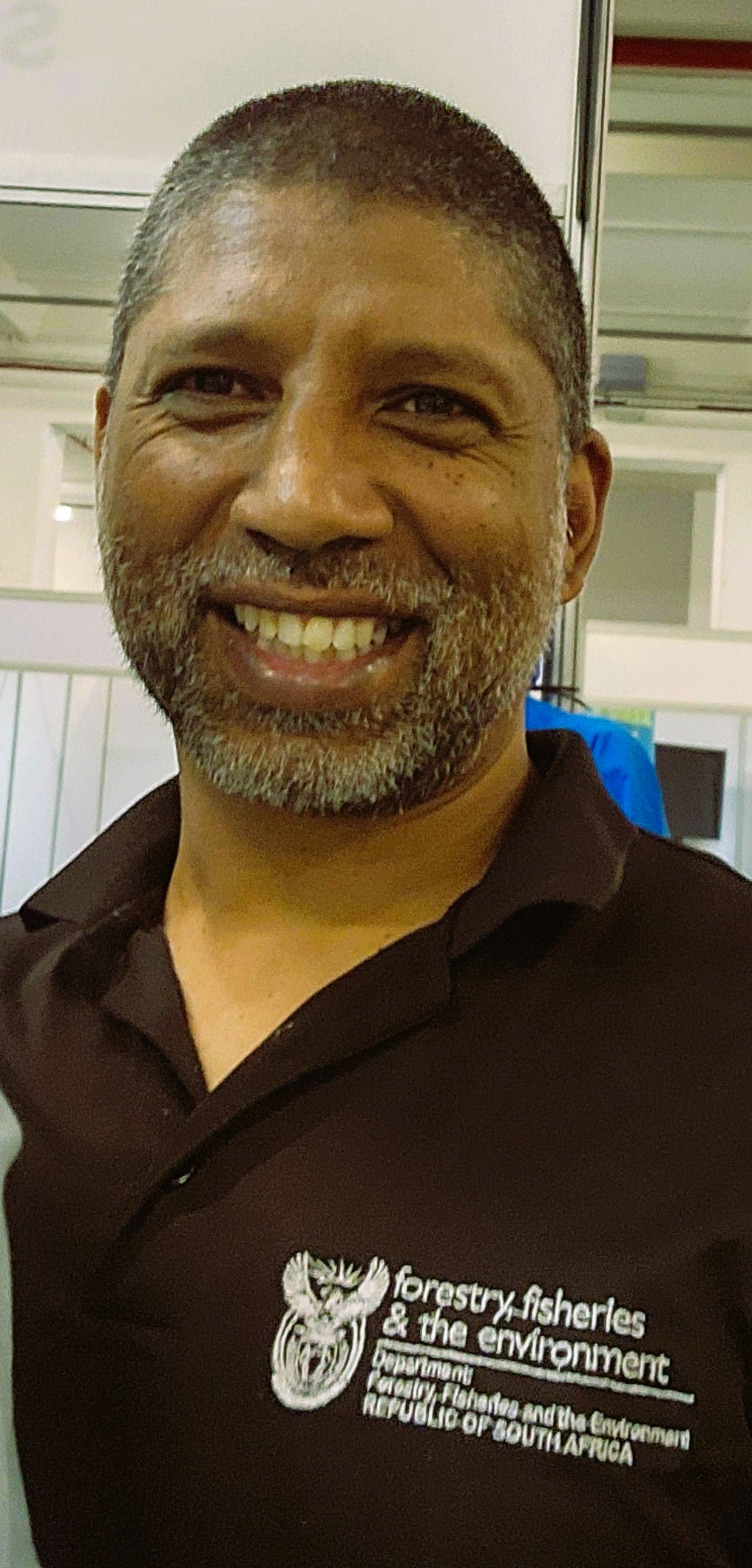 Every year, the South African vessel, the SA Agulhas II, embarks on a journey to Antarctica, marking the beginning of its annual research and supply voyage. This critical mission is not only a symbol of South Africa’s dedication to scientific research but also a lifeline for the overwintering team, personnel rotations, and vital logistical support for stations on the frozen continent. On the 15th of December, the SA Agulhas II departed from Cape Town, South Africa, bound for Antarctica. This voyage marks the commencement of a multifaceted operation, which encompasses research, supply deliveries, and personnel exchanges between Antarctica and the rest of the world. Left: Shiraan Watson DCO of DFFE
Every year, the South African vessel, the SA Agulhas II, embarks on a journey to Antarctica, marking the beginning of its annual research and supply voyage. This critical mission is not only a symbol of South Africa’s dedication to scientific research but also a lifeline for the overwintering team, personnel rotations, and vital logistical support for stations on the frozen continent. On the 15th of December, the SA Agulhas II departed from Cape Town, South Africa, bound for Antarctica. This voyage marks the commencement of a multifaceted operation, which encompasses research, supply deliveries, and personnel exchanges between Antarctica and the rest of the world. Left: Shiraan Watson DCO of DFFE 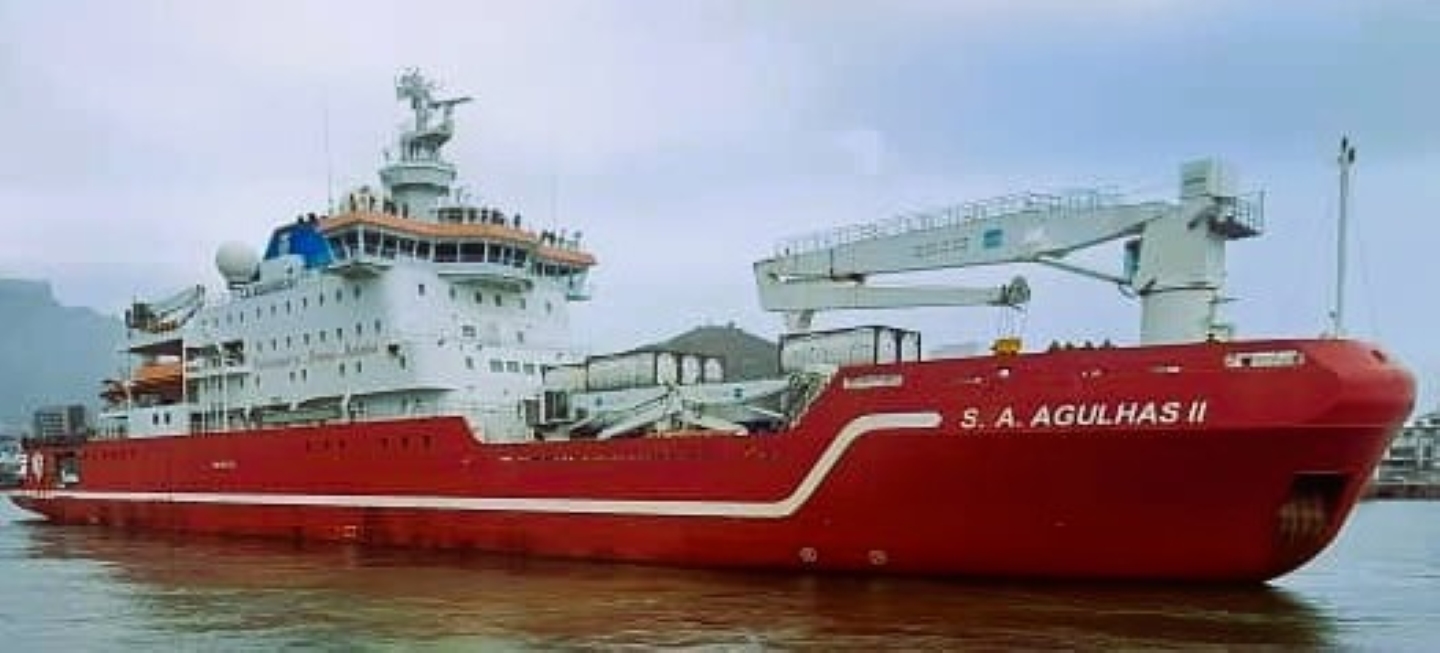 The SA Agulhas II plays a pivotal role in supporting research and exploration in one of the most extreme and least understood environments on Earth. South Africa’s station in Antarctica, SANAE IV Station, rely on the vessel’s annual voyages for everything from scientific supplies to food, equipment, and fuel. The vessel also delivers critical scientific personnel, scientists, and engineers who are essential for conducting experiments, research, and environmental monitoring on the frozen continent.
The SA Agulhas II plays a pivotal role in supporting research and exploration in one of the most extreme and least understood environments on Earth. South Africa’s station in Antarctica, SANAE IV Station, rely on the vessel’s annual voyages for everything from scientific supplies to food, equipment, and fuel. The vessel also delivers critical scientific personnel, scientists, and engineers who are essential for conducting experiments, research, and environmental monitoring on the frozen continent.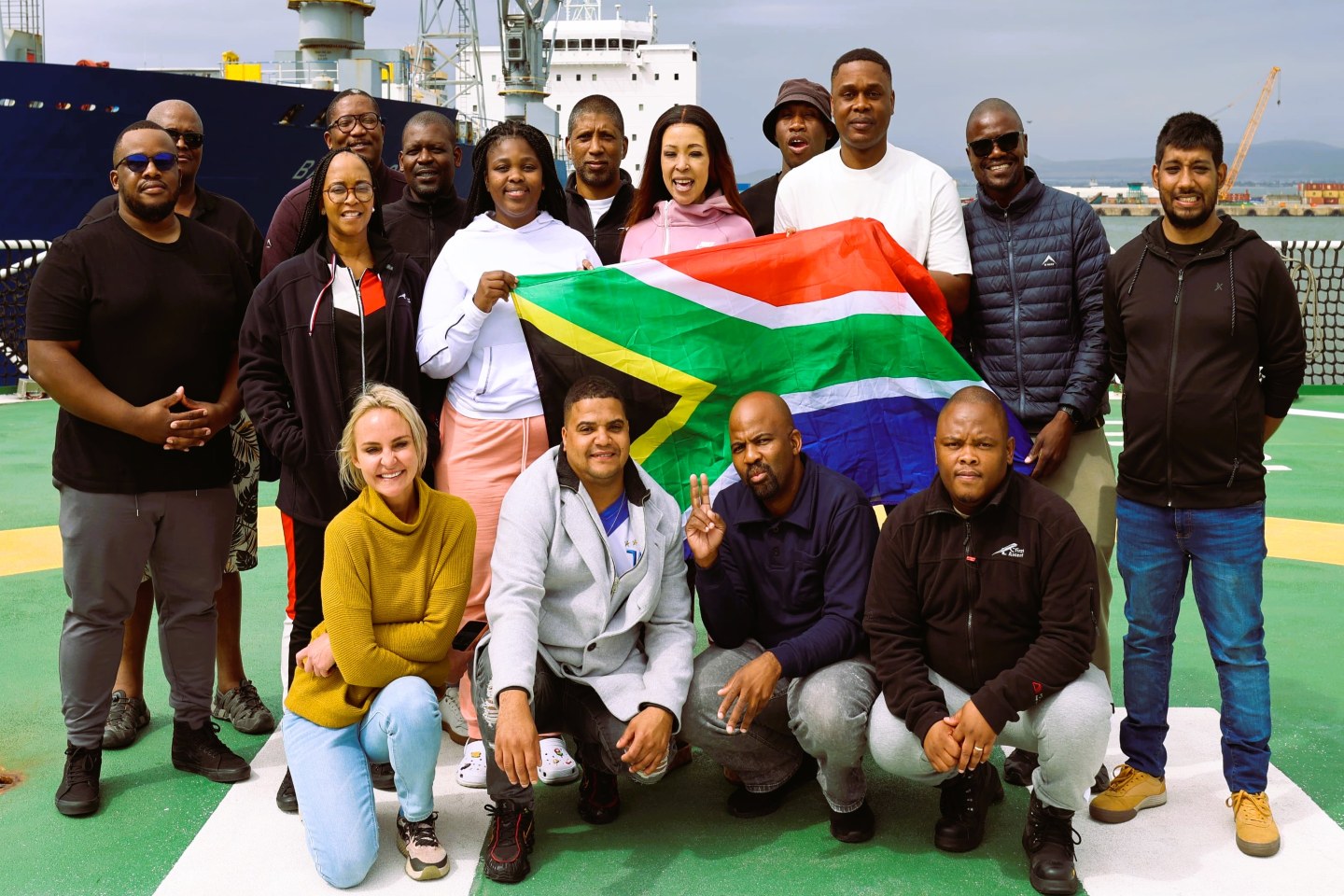 Above: SANAE64 Overwintering Team with DFFE Takeover Personnel.
Above: SANAE64 Overwintering Team with DFFE Takeover Personnel.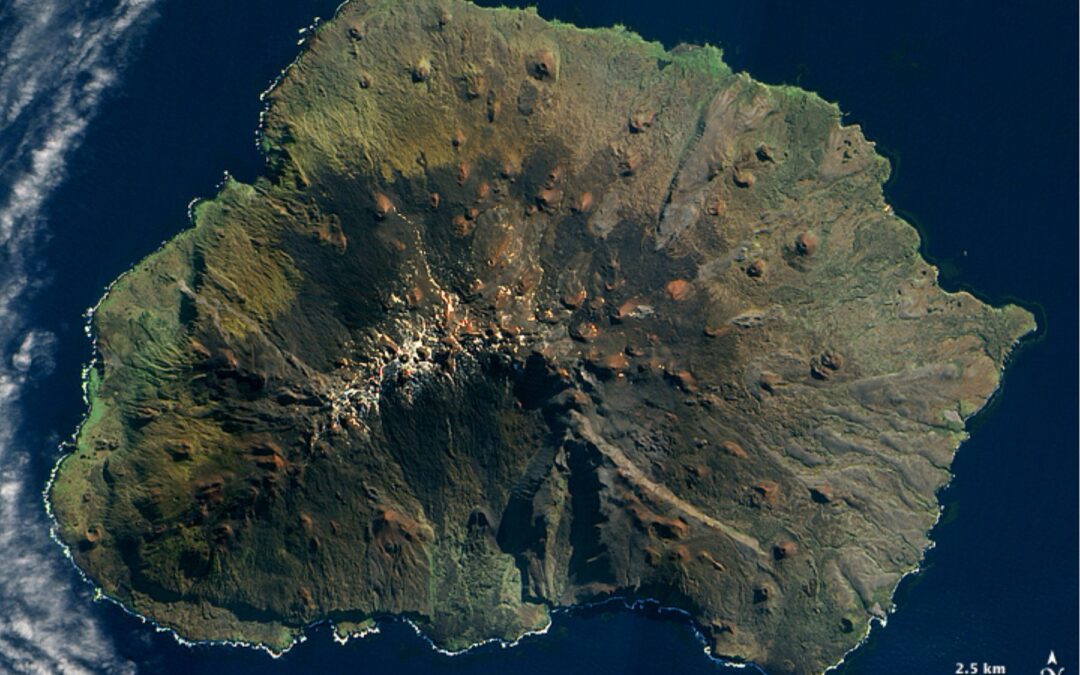
 High pathogenicity avian influenza (HPAI) virus is suspected to have reached Marion Island, one of South Africa’s two sub-Antarctic islands in the southern Indian Ocean and is possibly responsible for causing mortalities in at least three breeding seabird species.
High pathogenicity avian influenza (HPAI) virus is suspected to have reached Marion Island, one of South Africa’s two sub-Antarctic islands in the southern Indian Ocean and is possibly responsible for causing mortalities in at least three breeding seabird species. The situation is being closely monitored by the 11-field personnel overwintering on the island, who have been trained to recognise possible HPAI signs in birds and seals, and in the necessary monitoring and mitigation methods. They will be taking all precautions to ensure they do not spread the virus, and they are collecting information to assist with decisions about the appropriate response.
The situation is being closely monitored by the 11-field personnel overwintering on the island, who have been trained to recognise possible HPAI signs in birds and seals, and in the necessary monitoring and mitigation methods. They will be taking all precautions to ensure they do not spread the virus, and they are collecting information to assist with decisions about the appropriate response.
